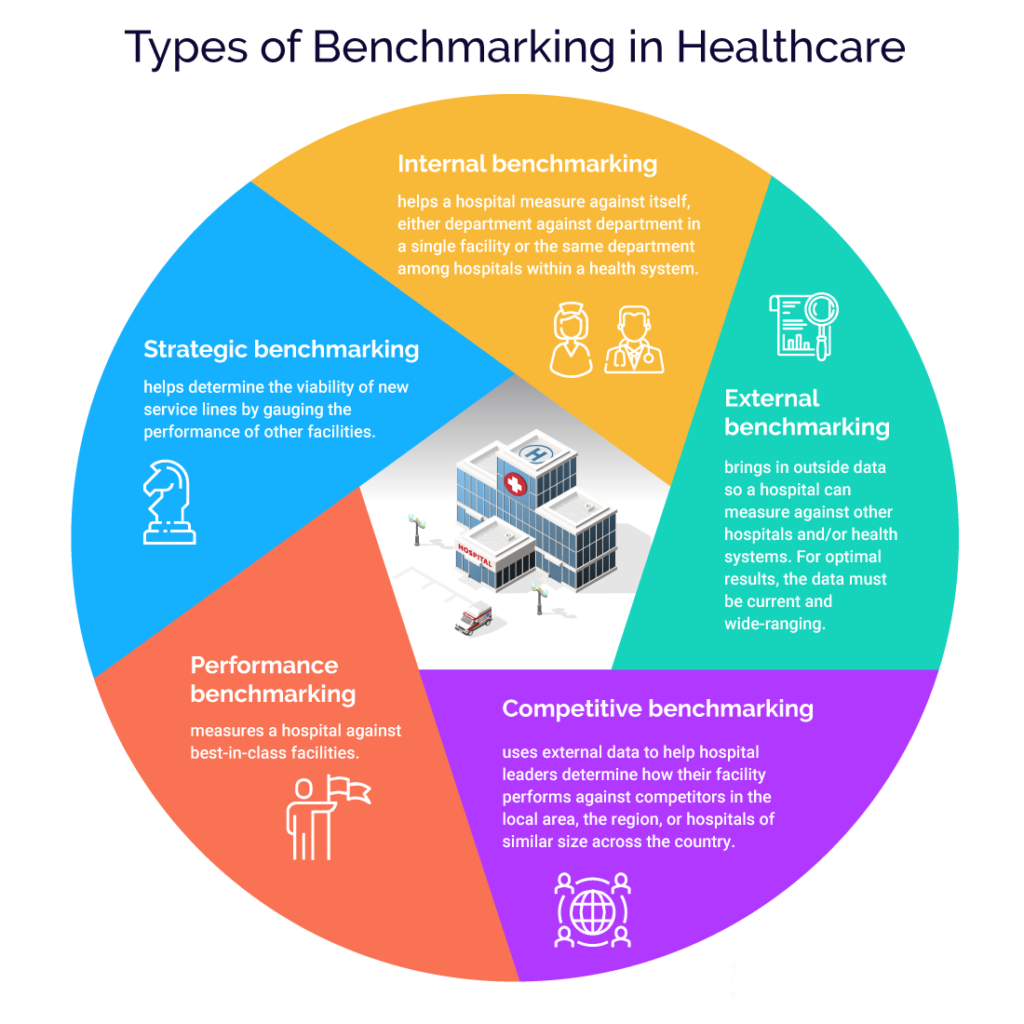Integration of Social Health Insurance (SHI) with the Urban GP Centre Plan
Integrating Social Health Insurance (SHI) into the urban GP center plan can significantly enhance healthcare service delivery, ensuring both affordability and accessibility for urban populations. Here’s how SHI can be integrated into the urban GP system:
1. Manpower Mobilization Support
- Incentive Structures: SHI can provide funding to support salaries and incentives for mobile health teams, private clinic staff, and community health volunteers. This ensures a consistent supply of manpower.
- Training Reimbursements: SHI can cover training program costs for healthcare workers, encouraging continuous professional development.
2. IT Infrastructure and Digital Solutions Integration
- EHR and Telemedicine Subsidies: SHI can subsidize the development and maintenance of shared electronic health record (EHR) platforms and telemedicine systems, facilitating communication between GPs, specialists, and patients.
- Patient Management Apps: SHI can support the development of apps that enable insured patients to register, schedule appointments, and access follow-up care with reduced financial barriers.
3. Logistics and Supply Chain Financing
- Funding for Mobile Units and Supplies: SHI can finance mobile health units and ensure the availability of diagnostic and medical supplies.
- Subsidizing Emergency Transport: SHI can fund ambulance and patient transport services, providing timely access to higher-level care for insured patients.
4. Preventive Care Coverage
- Insurance for Preventive Services: SHI can cover preventive services like vaccinations, health screenings, and educational programs, encouraging patients to seek preventive care without cost concerns.
- Health Camp Funding: SHI can sponsor health camps and workshops in underserved urban areas, offering preventive and primary care at no or low cost to insured residents.
5. Clinical Care Support
- Cost-Sharing for Clinical Services: SHI can subsidize consultations, diagnostic services, and treatments at GP centers and private clinics, reducing out-of-pocket expenses for patients.
- Emergency Care Reimbursement: SHI can reimburse private clinics and hospitals for emergency care services, ensuring insured patients receive necessary stabilization and initial treatment.
6. Referral System Enhancement
- Seamless Referral Coordination: SHI policies can include referral services as part of the coverage, subsidizing transport and consultation fees for referred patients.
- Standardized Guidelines: SHI can support the creation and enforcement of referral protocols for effective communication and continuity of care between GP centers and referral facilities.
7. Mobilizing Private Clinics and Hospitals
- Financial Incentives for Participation: SHI can offer compensation to private clinics that provide services to insured patients at reduced rates, fostering their inclusion in the urban GP network.
- PPP Cost-Sharing Models: SHI can partner with public-private partnerships to share costs for equipment, facility upgrades, and expanded services in underserved areas.
- Training and Capacity Building: SHI can provide grants for private clinics to enhance their capacity through staff training and equipment acquisition.
8. Monitoring and Evaluation (M&E) Integration
- Performance-Based Payments: SHI can implement payment models where GP centers and clinics receive incentives for meeting quality standards and patient satisfaction benchmarks.
- Data-Driven Adjustments: SHI funds can support robust M&E systems for data collection, service quality evaluation, and feedback loops to improve service delivery.
Implementation Strategy
- Pilot SHI Programs: Launch pilot programs integrating SHI with select urban GP centers and private clinics to assess service delivery and patient outcomes.
- Resource Allocation and Training: Use SHI funds to train and provide logistical support for participating clinics and mobile health teams.
- Scalability Planning: Evaluate pilot program results and develop a phased approach to scaling SHI integration across additional urban GP centers.
Conclusion Integrating Social Health Insurance into the urban GP system plan provides financial protection for patients, sustainable funding for providers, and better access to preventive and clinical care. Through partnerships with private clinics and leveraging telemedicine and logistics support, SHI fosters a comprehensive, patient-centered healthcare model that benefits all stakeholders and enhances overall health outcomes.

